
At the 17th Ibero-American Colloquium on Digital Journalism, Patricia Mercado, director of Conexión Migrante, explains how the media outlet offers quality information to Latin American migrants in the U.S., to migrants crossing Mexico, and also to those who have yet to arrive in the country.
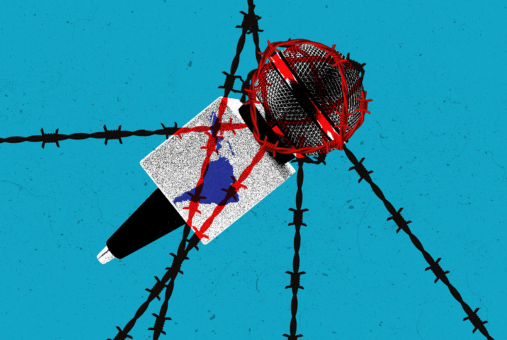
With their campaigns against independent media, the governments of several Latin American countries are beginning to threaten press freedom. Can Nicolás Maduro and Daniel Ortega's extreme of media blockages and closures be replicated?

The morning press conferences held by the Mexican president are part of a communication strategy recognized as “unique” not only in his country but in the region. And although they emerged as a promise to improve transparency and communication, their critics see them as spaces to attack the media, journalists and even spread disinformation.
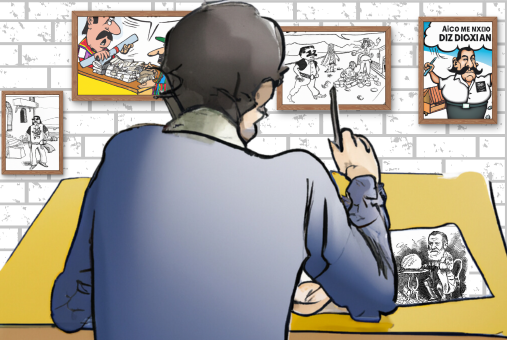
Mexican cartoonists use humor and satire to mock narco culture and organized crime in Mexico through comic strips and political cartoons, while making visible the tragedy and surrealism of drug trafficking and criticizing the inefficiency of authorities to combat it.
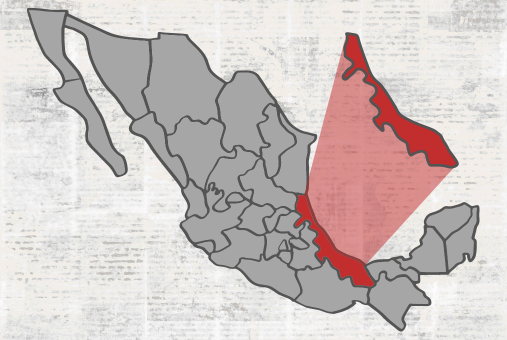
The journalistic investigation “Veracruz of silences” from the organization Article 19 seeks answers to the question: Why are journalists killed? For this, the investigative team and a macro-criminality specialist analyzed the murders and disappearances of 20 journalists in the Mexican state from 2010 to 2016.

The murder of a prominent nonbinary person in Mexico showed that most media in that country do not have protocols or tools to reflect the realities of this population in their stories. According to experts, beyond making good use of Spanish, journalism must reflect reality with precision, plurality and respect for human rights.

Through data journalism, effective interview techniques and innovative dissemination strategies, these reports by Meganoticias (Chile), Red Es Poder (Mexico) and a team of independent journalists from Cuba have stood out for showing the severity of the obstetric violence suffered by thousands of women in the region.

Mexican journalist Marcela Turati, who recently released the book “San Fernando. Última parada,” spoke about the challenges and lessons learned from investigating disappeared people for more than a decade. She also spoke about what she believes journalists should do to better cover violence committed by organized crime.
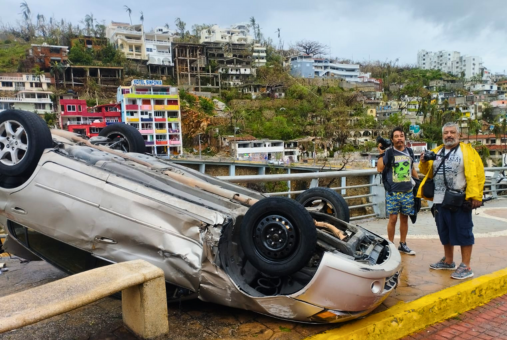
One month after Hurricane Otis, journalists in Acapulco, Mexico, struggle to report in the face of a lack of infrastructure, damaged equipment and personal losses. The cyclone aggravated the already critical situation of journalism in the state of Guerrero, and the devastation threatens the survival of local media and the work of independent reporters.
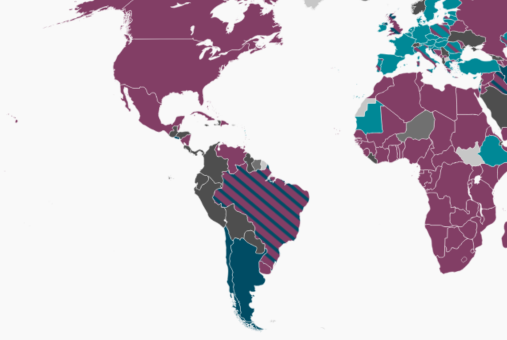
LupaMundi, an interactive map from the Brazilian fact-checking agency Lupa, sheds light on the global state of laws against false information. Countries in Latin America generally don't have specific laws on the subject, and scholars warn of the risks of political manipulation of the issue.
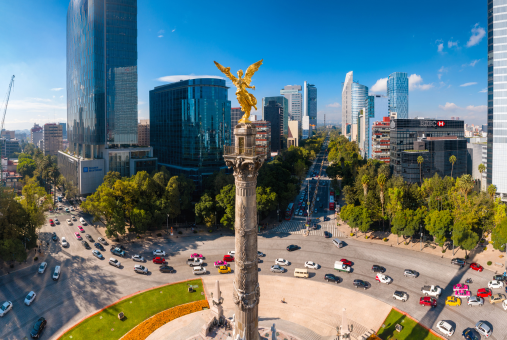
Radio Chilango was born in response to the lack of local news sources to cover the massiveness of Mexico City, a capital of 22 million inhabitants. Its goal, beyond reaching current listeners, is to create new audiences through social media and other platforms.

To mark the International Day to End Impunity for Crimes against Journalists, which is celebrated every Nov. 2, LatAm Journalism Review (LJR) is highlighting four cases of journalists from Latin America and the Caribbean that, for the most part, remain unpunished.